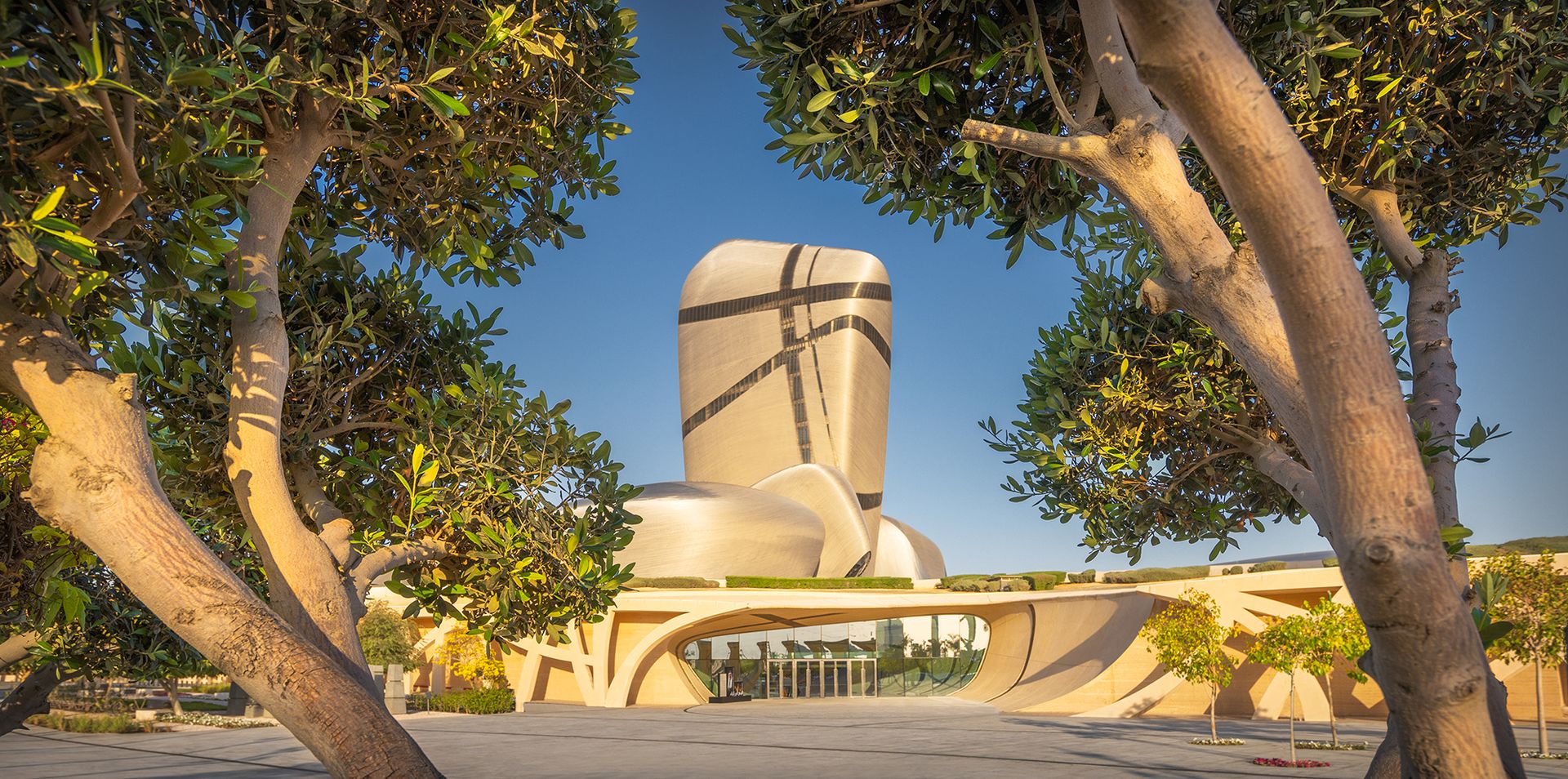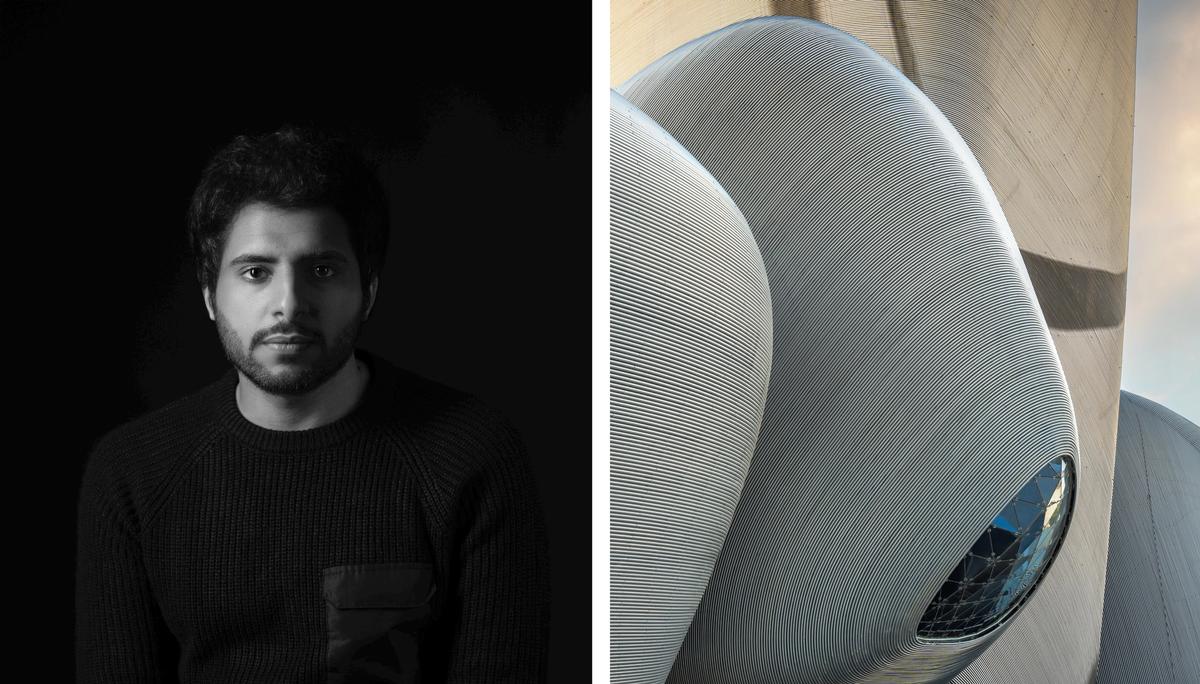One of the world’s biggest art awards—the Ithra Art Prize—has been awarded to the Saudi Arabian artist Obaid Alsafi who will unveil his winning piece based on climate change early next year. Alsafi receives $100,000 along with $400,000 in funding to produce the piece entitled Palms in Eternal Embrace; the work will be unveiled during the third edition of the Arts AlUla Festival on 8 February.
The installation, made of more than 30 palm trunks, is inspired by the 6,000-year-old Rajajil Columns in the Al Jawf region of Saudi Arabia, an archaeological site dubbed the Stonehenge of Arabia. According to the Unesco website, “this impressive ensemble of standing stone elements probably dates from the end of the fifth millennium BC”.
Alsafi says in a statement: “It is my hope that Palms in Eternal Embrace will inspire audiences to reflect on the extinction of a plant group that is so characteristic of our region and foundational to our identity, and to consider innovative solutions to address such pressing environmental concerns.”

The King Abdulaziz Center for World Culture (Ihtra)
Photo: Ahmad Alnaji
This year’s edition of the Ithra Art Prize, Art in the Landscape, took on a different format. The prize organisers—the King Abdulaziz Center for World Culture (Ithra)—teamed up with Arts AlUla as part of a wider partnership with the Royal Commission for AlUla (the commission is responsible for preserving and developing the vast northwest heritage region of AlUla).
The sixth Ithra Art Prize called for “submissions of public artwork proposals [from artists in the Middle East and North Africa region] that are site-specific to AlUla and that present interpretations of AlUla’s unique landscapes and natural heritage”, a project statement says.
The initiative is the latest cultural project aimed at raising the profile of AlUla; earlier this year a new contemporary museum planned for the region, in partnership with the Centre Pompidou in Paris, was announced. Such projects underpin the drive by the Saudi government to rebrand the conservative state that has a concerning human rights record. Between 2015 and 2022, an average of 129 executions were carried out each year in the kingdom.


